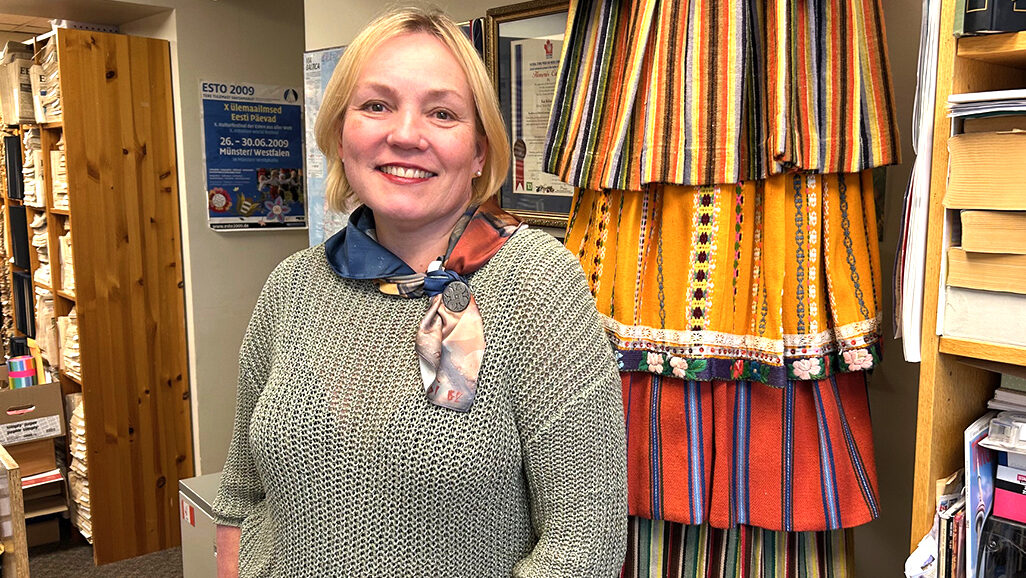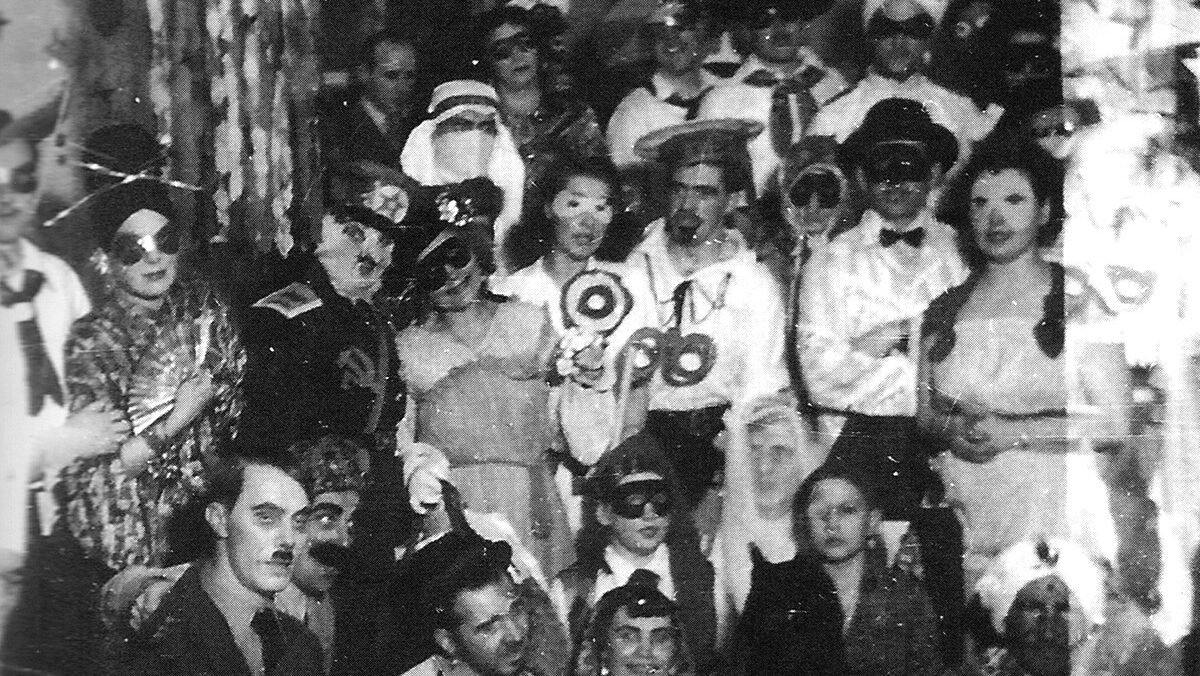The Germans occupied Estonia, and upon being inducted into the Germany army, my father, speaking six languages, was used to interrogate prisoners instead of being sent to the front lines. We spent the first years of my life on my grandparents' farm near Jõgeva. When the German front collapsed in September 1944, my mother, her uncle, and I escaped to Sweden by sailboat. Of the Estonians who stayed, about 20,000 were deported to Siberia and most of them died there. My mother did not know where my father was, or even if he was alive.
Life in Sweden
In Sweden, we were placed in a camp for displaced persons, where I developed asthma in the crowded conditions. She had no news of my father so she started writing to friends in Sweden to see if they had heard anything. Later we learned that my father had made it to the coast ahead of the Russian army, had thrown away his German army uniform, and got on a sailboat bound for Sweden.
I learned to read Estonian and Swedish on my own, but the lack of formal schooling had some consequences later on.
Täismahus artikkel on loetav Eesti Elu tellijatele
Igal nädalal toome me sinuni kõige olulisemad kogukonna uudised ja eksklusiivsed lood uutelt kolumnistidelt. Räägime eestlastele südamelähedastest teemadest, kogukonna tegijatest ja sündmustest. Loodame sinu toele, et meie kogukonna leht jätkuks pikkadeks aastateks.
Hind alates $2.30 nädalas.



